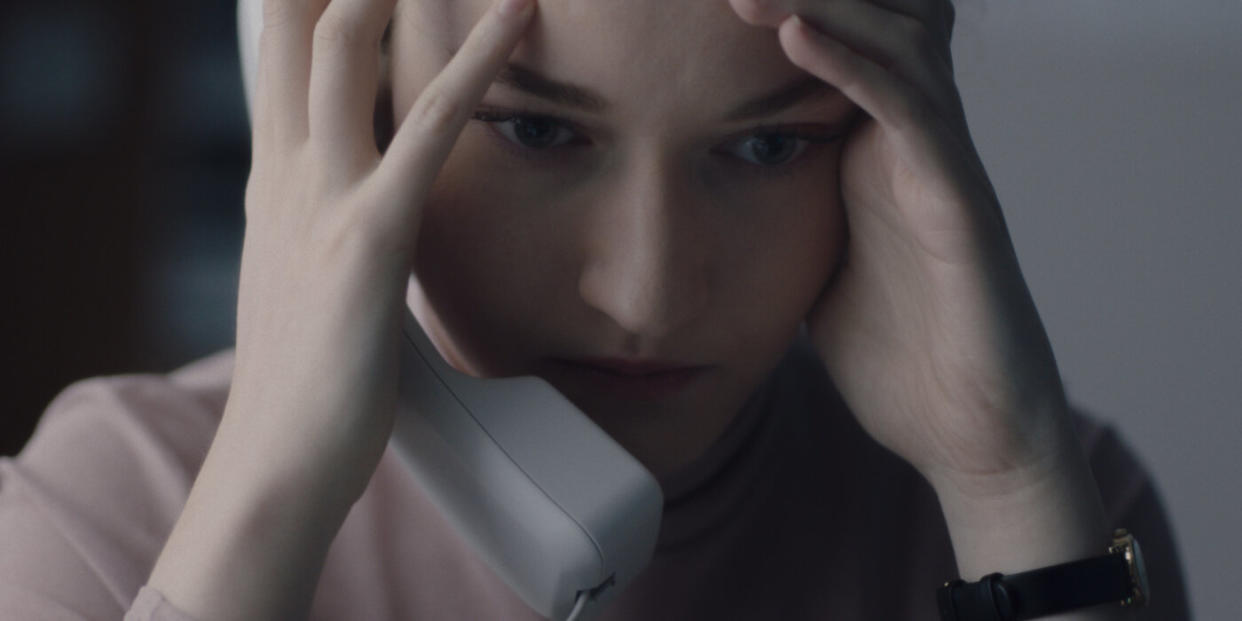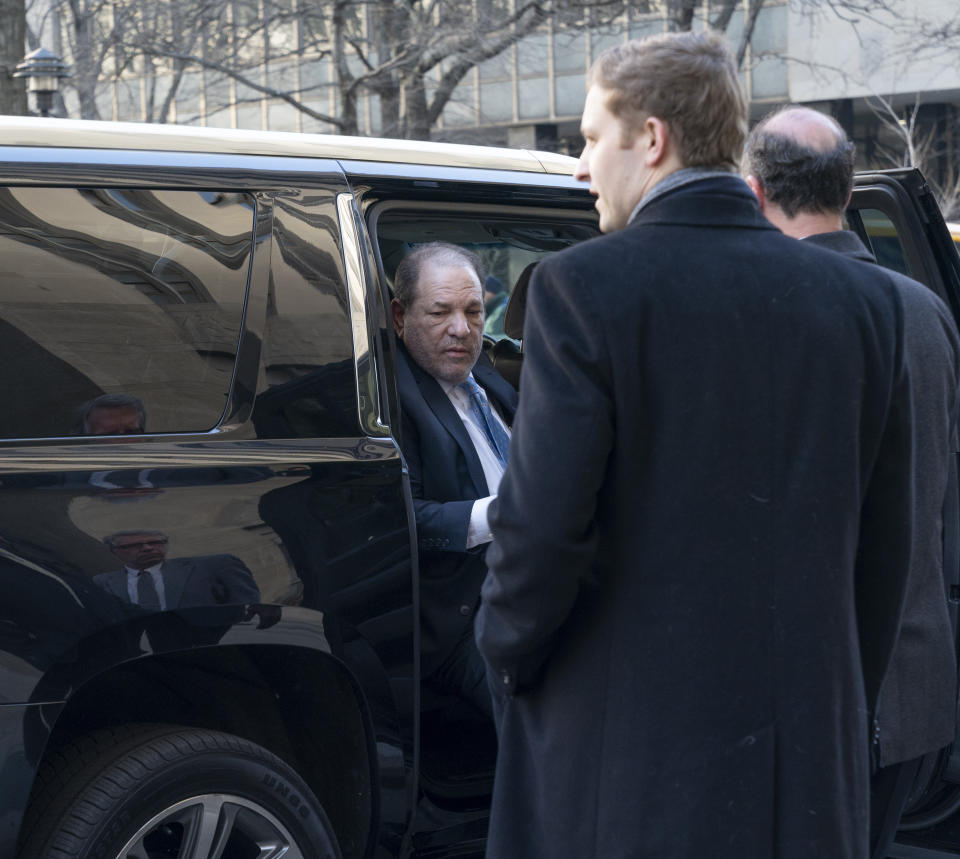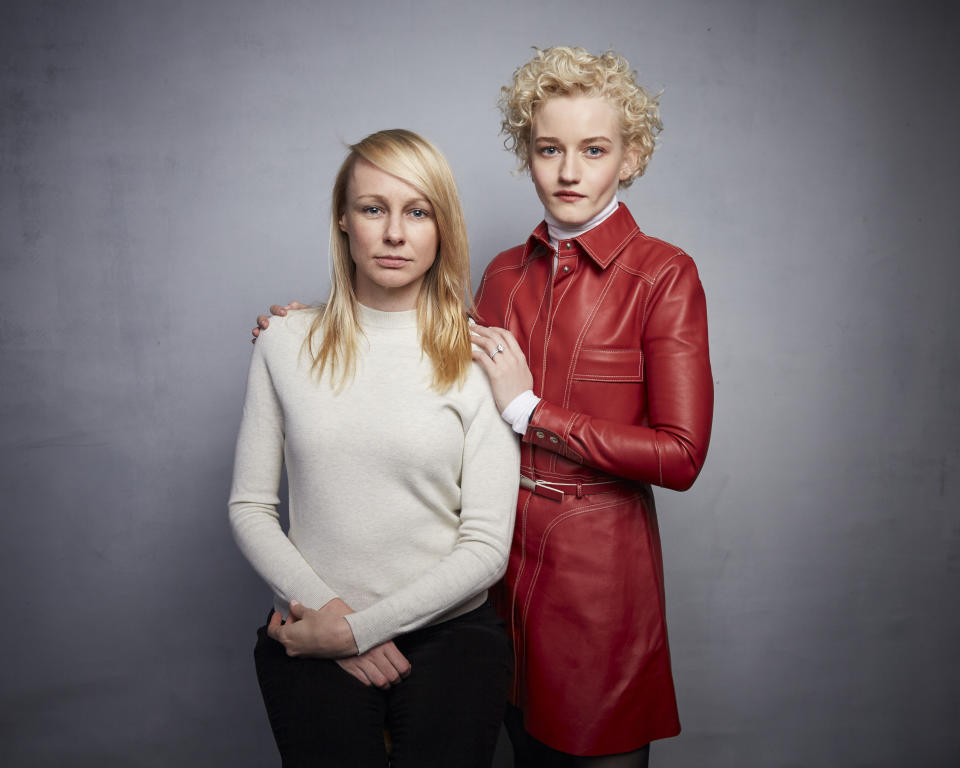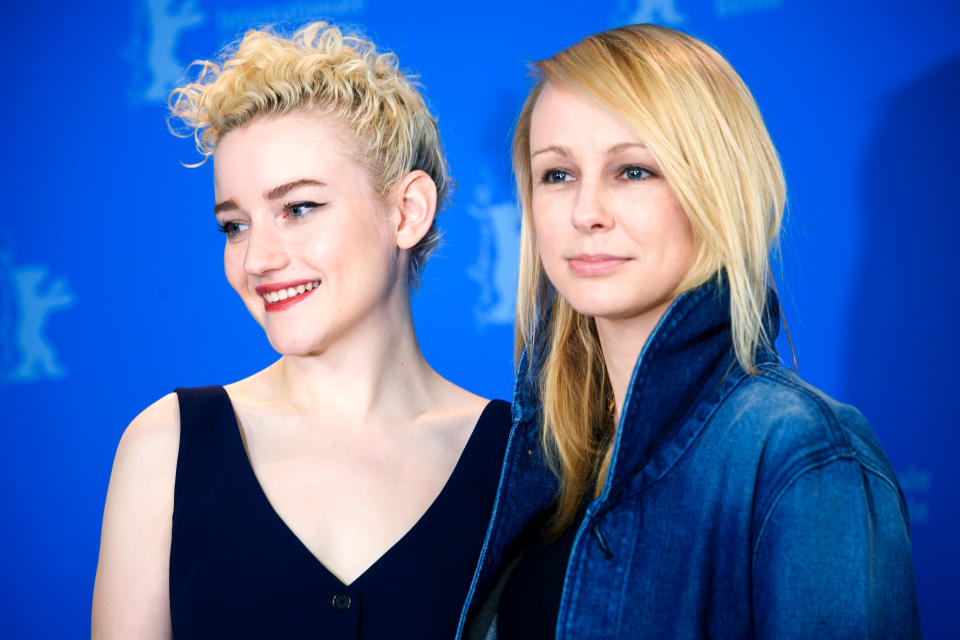'The Assistant' director Kitty Green on making the #MeToo film we’ve been waiting for

Just two years after the Weinstein story surfaced, Kitty Green’s The Assistant made its debut at this year’s Sundance Film Festival.
After squeezing in an appearance Berlin, it’s not waiting for a cinema release in the UK, instead arriving on digital on 1 May with its head of steam intact. Good news, then, for those who’ve already heard how powerful the film dubbed “the Weinstein movie” actually is. Except it’s about more than just one man: it’s about sexual harassment of the everyday kind, the overt and the insidious.
And that makes it stand apart from others that have gone before. Could it be the “me too” movie we’ve been waiting for?
Real experiences
When the Weinstein story hit the headlines, Green was working on a college-set film, about “power structures and consent. “I was interested in the sexual assault crisis on college campuses at the time, but then the story broke and I had friends who had worked for the Weinstein Company or Miramax so I started chatting to them and then talked to more and more women who worked in the film industry about their experiences,” Green tells Yahoo Movies UK.
In all, she spoke to over 100 to create one long workday in the life of an assistant – the coffee, the copies, the calls, the casual undermining – who witnesses what she believes is her boss’s inappropriate behaviour towards a young woman.
“The Boss”

While “the boss”, as he’s always called, casts a long shadow over everything that happens on the screen, we never see his face and Green is cautious when it comes to the inevitable question about him being based on Weinstein.
“I’ve never met Harvey Weinstein, so he was never somebody that I was striving for,” Green explains. “I had an actor who came in to do the character’s voice and he did his thing. He was terrifying and I went with that, but he wasn’t necessarily trying to be him.”
Read more: Weinstein receives 23 year prison sentence
But the decision to make it a purely vocal performance stemmed from the film focussing on a woman, Jane (Julia Garner), the assistant of the title. “I wanted to be able to demonstrate his power and how toxic and corrosive it was. She was working for him and that relationship was an important part of the story, so I found ways, mostly from phone calls, to demonstrate just how toxic his character was.”
The least important job

Jane is on the bottom rung of the career ladder, doing all those mundane jobs – fixing the copier, doing the sandwich run, preparing the boss’s office for the next meeting – the sort of job most of us have done at some stage and one that everybody takes for granted.
It’s a striking contrast to other films on a similar theme, which concentrate on women further up the corporate structure. “I was interested in why women aren’t in positions of power and, in order to do that, I wanted to look at it from the bottom up instead of from the top down. Let’s start with the girl who’s trying to get her foot in the door and what’s preventing her from climbing the ladder,” Green says.
“When I started interviewing people, I quickly discovered they had experienced very gendered work environments where the boys were quickly promoted and the girls were left getting the coffee and looking after the children and doing all these kinds of domestic duties. And they were missing out on important meetings and all kinds of opportunities that their male colleagues were getting.”
Gaslit by HR

The person with the least power, both in her office and the organisation, Jane’s ignored, patronised and undermined. The climax of the day during which the film is set comes when she makes a complaint to HR about “the boss”: she’s putting everything on the line – herself, and her longed-for break into the film industry – simply to do the right thing. The response she receives is confusing, baffling and, for the audience, jaw-dropping.
Read more: Films released early on streaming
Green based the scene on the experiences of the women she’d spoken to. “So many of them spoke about going to HR and feeling almost gaslit by the experience, feeling utterly confused about why they went there in the first place and feeling utterly unsupported by HR,” Green shares.
“I was interested in the way HR departments were there to protect the companies and not the employees.”
Light at the end of the tunnel

Recent offerings such as Bombshell in the cinema (released on digital on 18 May) and Apple TV+’s The Morning Show have explored similar territory, but from the higher echelons of corporate life, something outside the experience of most of their audiences.
The Assistant’s grounding in the everyday – it was even filmed in an actual Manhattan office – makes it a film that will strike chords and resonate with those watching it. Not that it offers any easy solutions, catharsis or redemption.
During her research for the film, Green spoke to a lot of young women “who’d had a very negative experience of the film industry and who were very pessimistic about it changing. I felt I’d heard so many stories about bad treatment and bad behaviour that, at the time, I couldn’t see any light at the end of the tunnel.
“I do think things are changing and they are getting better, but change is slow and the more conversations we have like these the better.”
The Assistant is released on digital platforms on 1 May, 2020

 Yahoo Movies
Yahoo Movies 
